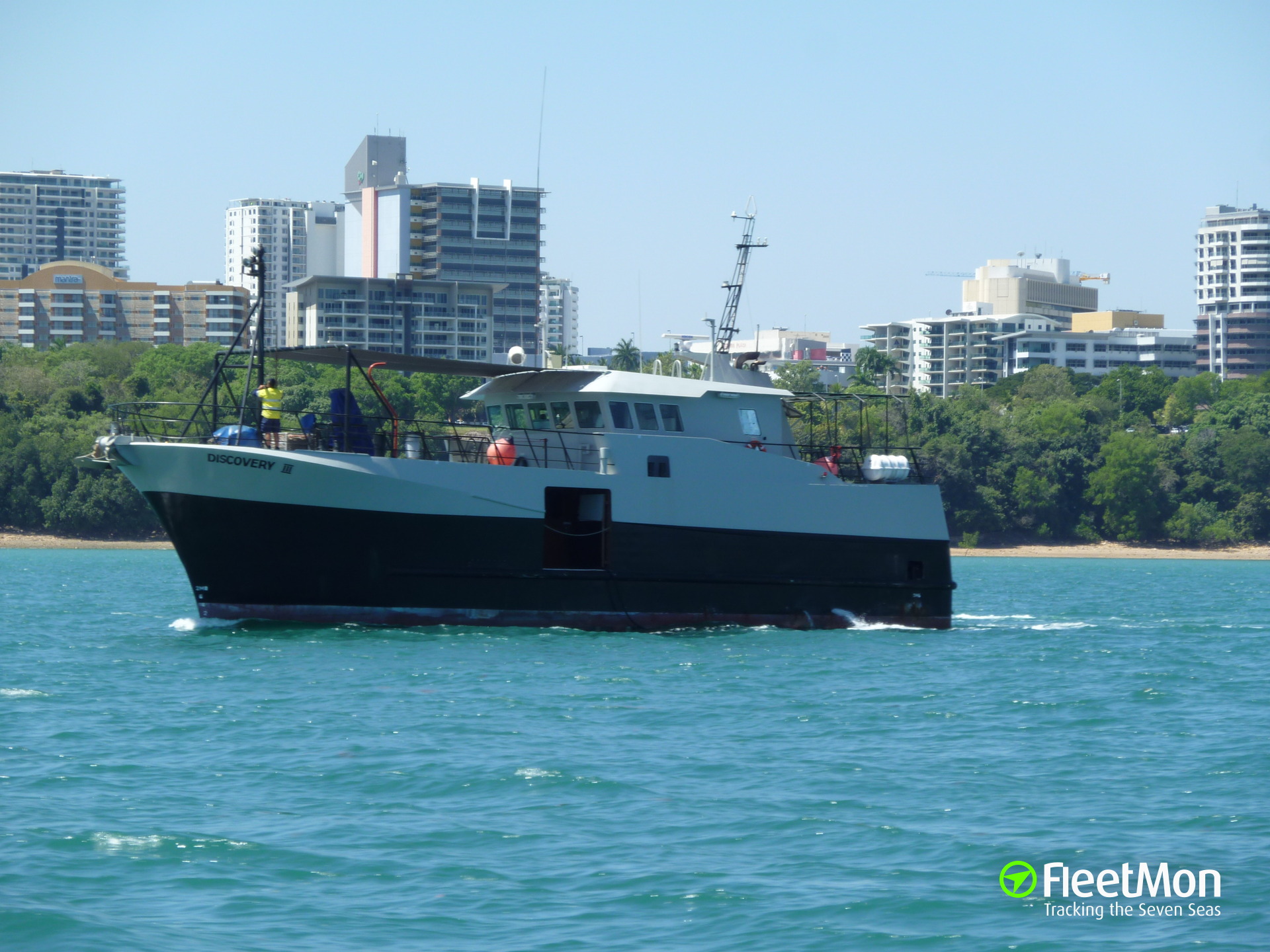

(G) identifying witnesses and documents, scheduling the filing and exchange of any pretrial briefs, and setting dates for further conferences and for trial (F) controlling and scheduling discovery, including orders affecting disclosures and discovery under Rule 26 and Rules 29 through 37 (E) determining the appropriateness and timing of summary adjudication under Rule 56 (D) avoiding unnecessary proof and cumulative evidence, and limiting the use of testimony under Federal Rule of Evidence 702 (C) obtaining admissions and stipulations about facts and documents to avoid unnecessary proof, and ruling in advance on the admissibility of evidence (B) amending the pleadings if necessary or desirable (A) formulating and simplifying the issues, and eliminating frivolous claims or defenses At any pretrial conference, the court may consider and take appropriate action on the following matters: If appropriate, the court may require that a party or its representative be present or reasonably available by other means to consider possible settlement. A represented party must authorize at least one of its attorneys to make stipulations and admissions about all matters that can reasonably be anticipated for discussion at a pretrial conference. (c) Attendance and Matters for Consideration at a Pretrial Conference. A schedule may be modified only for good cause and with the judge’s consent. (vi) set dates for pretrial conferences and for trial and (v) direct that before moving for an order relating to discovery, the movant must request a conference with the court (iv) include any agreements the parties reach for asserting claims of privilege or of protection as trial-preparation material after information is produced, including agreements reached under Federal Rule of Evidence 502 (iii) provide for disclosure, discovery, or preservation of electronically stored information (i) modify the timing of disclosures under Rules 26(a) and 26(e)(1) The scheduling order must limit the time to join other parties, amend the pleadings, complete discovery, and file motions. The judge must issue the scheduling order as soon as practicable, but unless the judge finds good cause for delay, the judge must issue it within the earlier of 90 days after any defendant has been served with the complaint or 60 days after any defendant has appeared. (B) after consulting with the parties’ attorneys and any unrepresented parties at a scheduling conference. (A) after receiving the parties’ report under Rule 26(f) or Except in categories of actions exempted by local rule, the district judge-or a magistrate judge when authorized by local rule-must issue a scheduling order:

(4) improving the quality of the trial through more thorough preparation and (3) discouraging wasteful pretrial activities (2) establishing early and continuing control so that the case will not be protracted because of lack of management (1) expediting disposition of the action In any action, the court may order the attorneys and any unrepresented parties to appear for one or more pretrial conferences for such purposes as:


 0 kommentar(er)
0 kommentar(er)
